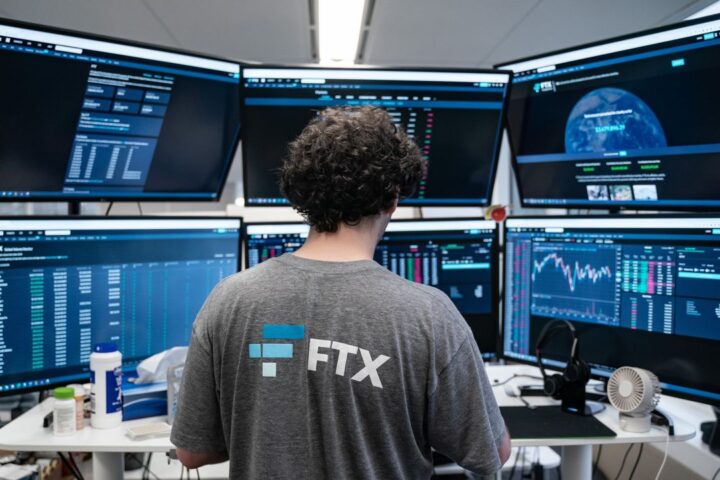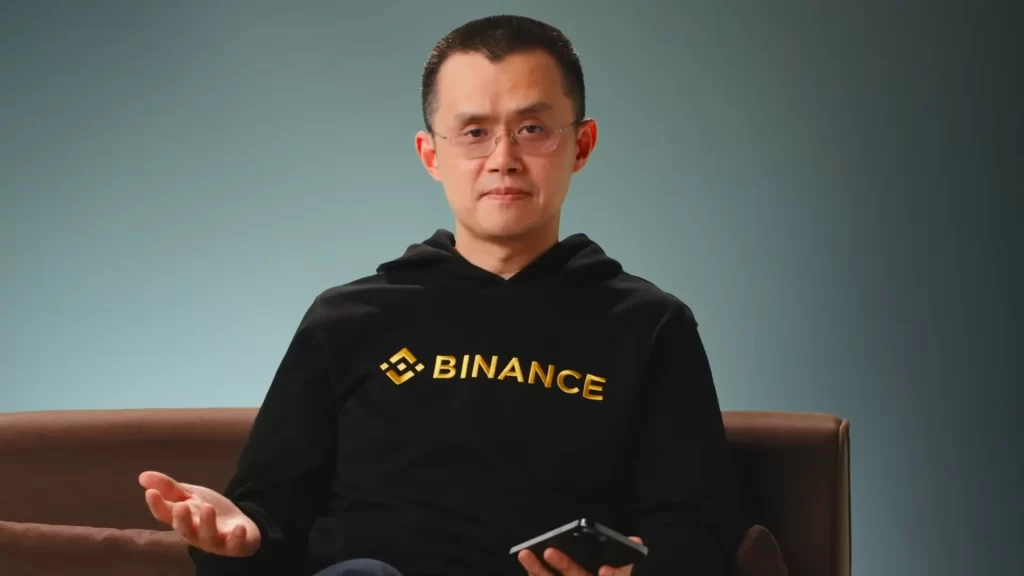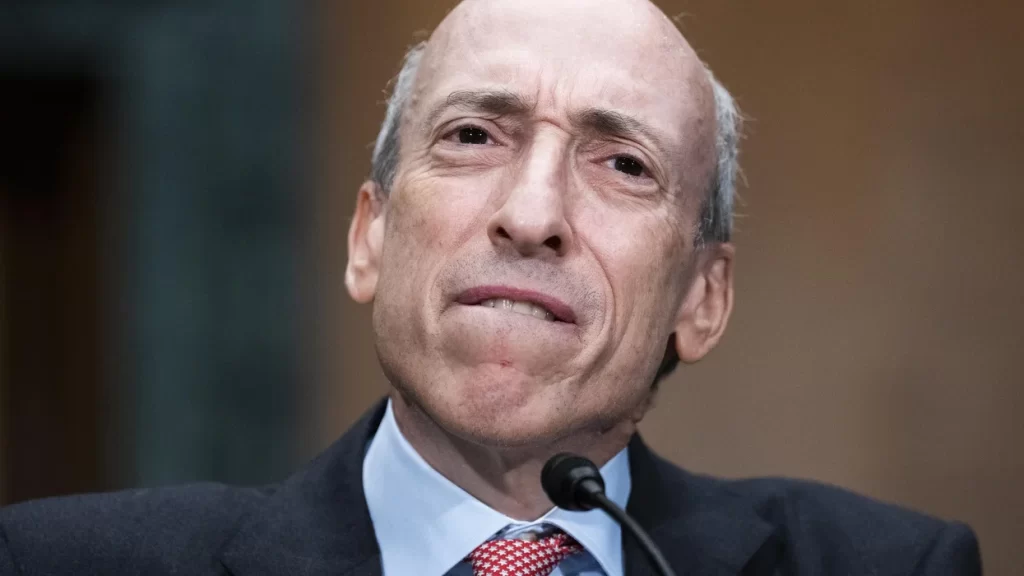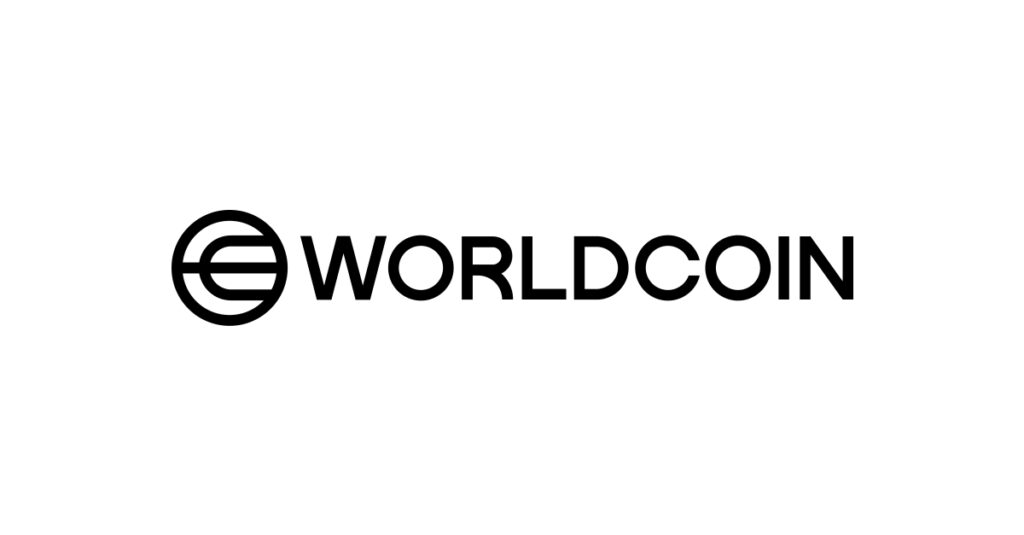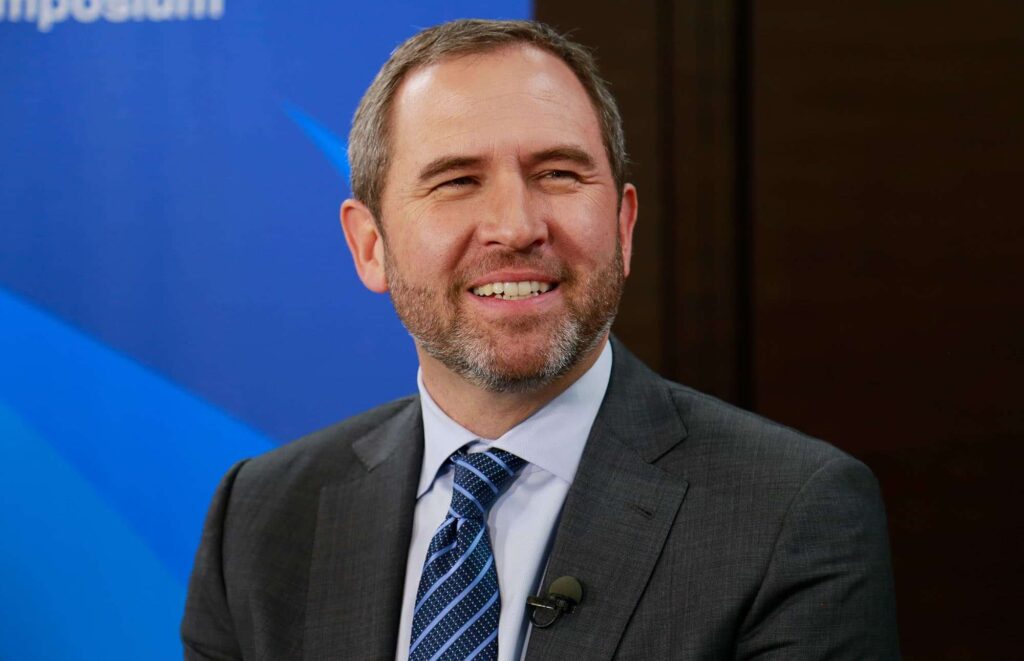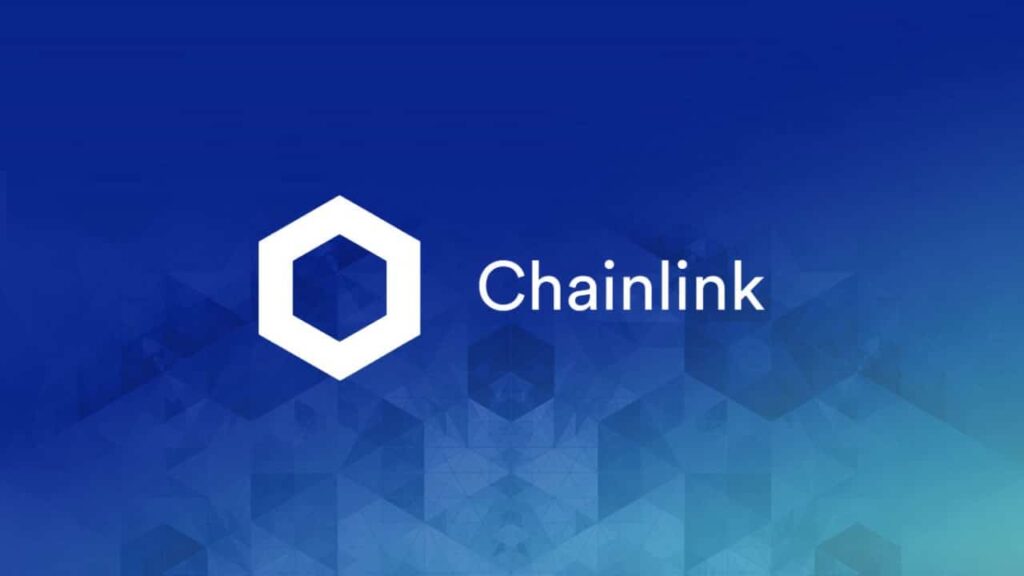Binance, a major cryptocurrency exchange, has achieved a significant regulatory milestone in its relationship with authorities in the United Arab Emirates (UAE) by obtaining a new license in Dubai.
The license was granted to Binance’s Dubai-based subsidiary, Binance FZE, by Dubai’s Virtual Asset Regulatory Authority (VARA) on July 31.
With this operational minimum viable product (MVP) license, Binance is now officially permitted to offer cryptocurrency exchange and virtual asset broker-dealer services in Dubai.
However, the services allowed by the license are currently limited to institutional and qualified retail investors within Dubai.
Eligible investors in the region can access authorized services, including crypto-to-fiat exchanges that comply with the guidelines set by the intergovernmental Financial Action Task Force (FATF).
To become a user of Binance in Dubai, an investor must hold the status of a “qualified retail client” and meet specific criteria.
This includes being at least 21 years old and having a net liquid asset value of 500,000 United Arab Emirates dirhams ($136,000), supported by relevant documentation such as bank statements and proof of funds.
Qualified investors also need to provide valid identification documents like passports, visas, and proof of a valid UAE address with contact details.
Binance’s Dubai entity can now offer a range of services, including crypto-to-fiat exchange and conversions, transfers and custody, brokerage, and virtual asset payments and remittance services.
This latest regulatory achievement for Binance builds upon the progression from the provisional MVP license issued by VARA in March 2022, as well as the preparatory MVP license obtained in September 2022.
READ MORE: Tech Firms Call on European Union to Support Open-Source AI in New Regulations
In April 2023, VARA requested more information from Binance about its business requirements, aiming to enhance regulatory standards in Dubai.
Binance complied with the request and expressed its willingness to cooperate further with VARA as they prepare for the next phase of licensing.
It’s worth noting that the preparatory MVP license previously granted by VARA only allowed exchanges to serve a restricted set of accredited investors.
This limitation was highlighted by some crypto exchanges, such as Bybit, earlier this year.
The news of Binance’s new license comes shortly after VAR suspended the operational license of another crypto exchange, BitOasis, for not meeting regulatory conditions within specified timeframes.
BitOasis is currently working with VARA to fulfill the remaining conditions.
Binance emphasized that VARA’s framework includes compulsory rulebooks related to general operations, compliance, and market conduct requirements.
Key highlights of these regulations were published by VARA in 2023.
As Binance moves forward with its operations in Dubai, it will continue to comply with the regulatory standards set by the UAE authorities.
Other Stories:
SEC Suffers Setback as Court Overturns Ruling on SPIKES Index Securities Classification
Margot Robbie’s Comparison of Bitcoin to Ken from Barbie Ignites Debate
Blockchain Could Save Financial Institutions $10 Billion by 2030: Ripple-FPC Report
Gary Gensler, the Chairman of the US Securities and Exchange Commission (SEC), expressed deep concerns over the prevalence of fraud within the crypto market.
In an interview with Bloomberg on Thursday, Gensler pointed out that the crypto market is plagued with fraudulent schemes and deceitful actors, overshadowing the presence of genuine participants.
Highlighting the challenges faced by investors, Gensler emphasized that the speculative nature of the crypto industry is not the sole issue.
He stressed that crypto investors should not assume they are receiving the same level of protection as provided by securities laws, even though some cryptocurrencies may fall under their purview.
Gensler raised alarm over the lack of full, fair, and truthful disclosures provided to US investors, with platforms and intermediaries engaging in practices that would not be acceptable on traditional stock exchanges like the New York Stock Exchange or Nasdaq.
This concern by the SEC Chairman comes in the aftermath of a US court ruling in favor of Ripple during the ongoing lawsuit brought by the SEC.
The court ruled that selling XRP on exchanges does not constitute an investment contract, but it recognized XRP as a security when sold to institutional investors based on the Howey Test conditions.
In response to recent collapses of prominent crypto companies, the SEC has intensified its scrutiny of the crypto industry.
READ MORE: 3 Best Crypto Projects That Will Boom In 2023 & The Next Bull Run
Lawsuits have been filed against major exchanges like Binance and Coinbase, as well as enforcement actions taken against Kraken, Bittrex, and Nexo.
The increased regulatory pressure has led some crypto companies to consider relocating to more favorable jurisdictions, with Coinbase establishing a presence in Bermuda and Bittrex ceasing operations in the US.
Moreover, the regulatory uncertainty in the US has driven away blockchain developers, as evidenced by a decline in the country’s share of blockchain developers from 40% in 2017 to 29% in 2020, according to a report by Electric Capital.
This trend suggests that the stringent regulatory environment may be discouraging crypto businesses and talent from operating in the United States.
In conclusion, Chairman Gensler’s apprehensions about fraud in the crypto market reflect the SEC’s growing concerns.
The recent legal developments and regulatory actions indicate a shift towards increased scrutiny of the crypto industry, leading some companies to consider more hospitable jurisdictions.
The impact of these regulatory moves may have significant implications for the future of crypto operations in the United States.
Other Stories:
Revealed: The Best Crypto Marketing & PR Agency
Why Didn’t Bitcoin (BTC) Enter a New Rally?
SEC and Binance Oppose Eeon’s Intervention in Crypto Exchange Lawsuit
Worldcoin, the Proof of Humanity protocol that gained attention in 2021 for its promise of free tokens to users verifying their humanity through iris scans, has recently faced increased criticism regarding its data collection practices.
In response to mounting concerns, Worldcoin released its audit reports on July 28, conducted by security consulting firms Nethermind and Least Authority.
The audit by Nethermind unveiled 26 security issues within the protocol, with 24 of them being addressed and resolved during the verification phase.
One issue was mitigated, and another was acknowledged, demonstrating Worldcoin’s commitment to enhancing its security measures.
Least Authority, on the other hand, discovered three issues and made six suggestions. Worldcoin promptly resolved all the identified issues or planned resolutions for them, as outlined in their official announcement.
Worldcoin’s public launch took place on July 25, following nearly two years of development and beta testing. However, the project faced immediate criticism.
The UK’s Information Commissioner’s Office (ICO) was considering an investigation into potential violations of data protection laws, while the French data protection agency, the National Commission on Informatics and Liberty, also raised concerns about the project’s legality.
The concept behind Worldcoin, co-founded by Sam Altman, aimed to combat the rise of AI bots on the internet by offering a means of verifying users’ humanity without compromising their privacy.
READ MORE: Crypto.com Receives Approval from Dutch Central Bank
The process involved iris scans through a device called the “Orb,” which generated a hash of the user’s iris scan without storing the actual scan data.
The crypto community had mixed reactions to Worldcoin’s launch. Some saw it as a step toward protecting humans from malicious AI, while others feared it could lead to a dystopian future with diminished privacy.
The audit reports focused on various security aspects, including protection against distributed denial of service attacks, specific implementation errors, proper encryption and key management, data leak prevention, and information integrity.
Some issues arose due to dependencies on Semaphore and Ethereum, involving elliptic curve precompile support and Poseidon hash function configuration.
Worldcoin made commendable progress in addressing the security concerns raised during the audits. Almost all identified issues were either fixed, mitigated, or had planned solutions.
The remaining security issue’s severity was labeled “undetermined,” but it was acknowledged and being monitored.
As Worldcoin continues to evolve, addressing security challenges and data privacy concerns will be crucial in gaining public trust and support.
The project’s innovative approach to proving humanity may pave the way for future developments in the blockchain and AI space, but ensuring responsible data handling remains paramount.
Other Stories:
Crypto Mining Firm Explores Initial Public Offering (IPO) in UAE
Former Twitter Product Director Exposes Peculiarities of Working Under Elon Musk
Phoenix Technology, a leading crypto mining hardware provider, is reportedly in discussions to launch an initial public offering (IPO) in the United Arab Emirates (UAE), as per Bloomberg’s anonymous sources.
While the specifics of the IPO are yet to be finalized, the company is known for its development of one of the largest mining facilities in the Middle East.
Additionally, it holds distribution rights for various tech hardware manufacturers across the Middle East, Africa, and Türkiye. Cointelegraph reached out to Phoenix Technology for a comment, but no immediate response was received.
The UAE has emerged as one of the most crypto-friendly jurisdictions worldwide, striving to establish regulatory clarity through its crypto-dedicated regulator, the Dubai Virtual Asset Regulatory Authority (VARA).
Moreover, the emirate of Ras Al Khaimah (RAK) has established a crypto-focused free trade zone called the RAK Digital Assets Oasis, also known as RAK DAO.
In an effort to further solidify its position in the sector, the UAE approved the virtual assets law and established the Dubai Virtual Assets Regulatory Authority, aiming to ensure transparency and security for investors through collaboration with relevant entities.
Crypto players operating in the UAE have expressed their preference for the country’s business-friendly infrastructure over that of the United States.
READ MORE: KuCoin Denies Layoff Rumors Amidst Crypto Industry Stabilization
Saqr Ereiqat, an executive at Crypto Oasis, highlighted in a previous Cointelegraph interview that the regulatory frameworks in the UAE are more streamlined compared to the fragmented regulatory environment in the US.
Despite its crypto-friendly stance, the UAE’s regulators are stringent regarding compliance with requirements and deadlines.
This was evident when the Dubai Virtual Asset Regulatory Authority suspended the license of BitOasis, one of the country’s largest local exchanges, and the first to obtain an operating license in Dubai.
The suspension was due to BitOasis’s failure to meet the deadlines for submitting the required documents as mandated by the regulator.
In summary, Phoenix Technology is exploring the possibility of launching an IPO in the UAE, a jurisdiction known for its friendly approach to crypto businesses.
However, despite this friendliness, the UAE’s crypto regulators are strict when it comes to compliance, as demonstrated by the recent suspension of BitOasis’s license.
Other Stories:
Tennessee Realtor Couple Charged in $6M ‘Blessings of God Thru Crypto’ Investment Fraud
Ripple’s Chief Legal Officer Dismisses Concerns of SEC Appeal, Predicts Further Victory
Alibaba Group, a leading e-commerce company in China, is making strides in the world of artificial intelligence (AI) by becoming the first Chinese company to utilize Meta’s open-source AI model, Llama, for zero-cost program development.
According to a statement from Alibaba Cloud, the cloud computing arm of the conglomerate, a Llama 2-based solution has been deployed to enable businesses to create software and tools using AI.
This development marks the launch of the first training and deployment solution for the entire Llama 2 series in China, welcoming developers to build custom large models on Alibaba Cloud.
Meta, the company behind Llama 2, introduced this model as a free-to-use service in July 2023, aiming to compete with existing AI models such as OpenAI’s ChatGPT and Google Bard.
For companies with less than 700 million monthly active users, Llama 2 will remain free to use.
READ MORE: Ripple CEO Brad Garlinghouse Criticizes SEC’s ‘Regulation by Enforcement’
Despite this collaboration with Alibaba, Meta emphasized that Microsoft remains its preferred partner for developing its generative AI tool.
However, Llama 2 will be readily available for research and commercial use.
Meta’s approach is open, allowing more businesses worldwide to access foundational AI technology.
This includes supporting companies that are building products on Llama 2, integrating the model into cloud providers’ offerings, and promoting research efforts for the safe and responsible deployment of large generative models.
By leveraging Llama 2’s large language model, Alibaba Cloud joins the ranks of prominent cloud computing services like Amazon Web Service (AWS) in utilizing this cutting-edge technology.
The integration of Meta’s AI model into Alibaba’s operations could also potentially strengthen ties with China. Meta’s Facebook has been banned in the country since 2009, along with other Western-based social media and content platforms like Twitter and YouTube.
This strategic move by Alibaba comes at a time when the United States has restricted the sale of certain AI processing hardware chipsets in June 2023, aiming to maintain a competitive advantage in the rapidly evolving AI tools sector.
Overall, Alibaba’s adoption of Meta’s Llama 2 model represents a significant step forward for Chinese companies embracing AI technologies, and it could have broader implications for international collaborations in the field of AI development.
Other Stories:
Worldcoin Sparks Controversy As It Launches Ecosystem Token
Crypto Lending Firm Faces Service Disruption as Assets Seized by Regulator
Representative Patrick McHenry, Chairman of the House Financial Services Committee (FSC), made a significant announcement regarding legislation aimed at providing regulatory clarity for the digital asset ecosystem.
The committee’s upcoming meeting on July 26 will focus on the markup of several bills, including H.R. 4763, the Financial Innovation and Technology for the 21st Century Act; H.R. 4766, the Clarity for Payment Stablecoins Act of 2023; and H.R. 1747, the Blockchain Regulatory Certainty Act, among others.
Of particular importance is the markup of the Clarity for Payment Stablecoins Act, introduced by Chairman McHenry, which seeks to establish clear regulations for stablecoins designed for use in payments.
The move comes in response to the growing need for regulatory frameworks that address the unique characteristics of digital assets.
One day after introducing the Financial Innovation and Technology for the 21st Century Act, U.S. Representative French Hill, Chairman of the Subcommittee on Digital Assets, emphasized the importance of a functional regulatory framework in protecting investors from financial fraud.
He highlighted that such legislation could have prevented incidents like FTX stealing billions of customer funds.
READ MORE: Terraform Labs Faces Uphill Battle Amidst Allegations, New CEO Discusses Road Ahead
The proposed bills also aim to establish robust consumer protections and clear rules for market participants.-
In parallel to these legislative efforts, the U.S. Department of Justice (DoJ) is taking action to tackle crypto-related crimes.
The DoJ has decided to merge two teams, the Computer Crime and Intellectual Property Section (CCIPS) and the National Cryptocurrency Enforcement Team (NCET), to create a larger structure with increased resources.
This consolidation will result in more than double the number of criminal division attorneys available to handle cryptocurrency-related cases.
Any CCIPS attorney may now potentially be assigned to work on an NCET case, strengthening the DoJ’s capabilities in combatting crypto crime.
These developments signal a growing recognition of the importance of regulatory clarity in the digital asset space.
The proposed legislation and the DoJ’s increased focus on crypto-related crimes demonstrate the government’s commitment to fostering a secure and transparent digital asset ecosystem while safeguarding investors and consumers.
The markup scheduled for July 26 marks a significant step toward achieving these objectives.
Other Stories:
Controversial Proposal Sparks Fierce Debate Among Members of Solana-Based Liquidity Network
2023 Ranking: 4 Best Crypto Projects To Buy
Report Reveals Alarming Surge in Cryptocurrency Use by ISIS Terrorists
Binance CEO Changpeng “CZ” Zhao recently issued a warning about the growing menace of phishing attacks in the cryptocurrency industry.
On July 21, CZ took to Twitter to caution his followers about the prevalence of social engineering scams and urged cryptocurrency exchange users to adopt more secure measures for two-factor authentication (2FA).
In light of recent incidents, CZ’s concerns gained significance. The day before, Uniswap founder Hayden Adams fell victim to a Twitter account compromise.
The attacker attempted to scam Adams’ followers using a malicious link, leading Crypto Twitter members to identify and warn against the scam.
Adams was able to regain control of his account within a few hours and assured his followers of updates to come.
This surge in social engineering attacks has become a concerning trend in the cryptocurrency realm.
In early July, LayerZero CEO Bryan Pellegrino was also targeted in a SIM swap attack, granting hackers temporary control of his Twitter account.
READ MORE: Bitcoin Mining Companies Employ Derisking Strategies, Offload BTC to Exchanges
Pellegrino suggested that the attackers exploited his discarded speaker badge from the Collision conference.
Blockchain security experts have raised red flags about the potential for further social engineering hacks, such as SIM swap attacks, in the future.
SlowMist’s chief information security officer, known as “23pds,” emphasized that these attacks do not necessitate advanced technical skills.
He pointed out that SIM swap hijacking has been on the rise, as demonstrated by recent incidents and Cointelegraph’s coverage of SIM swap hacks.
To safeguard against such attacks, 23pds and other cybersecurity experts recommended several protection measures, including avoiding reliance on SIM card-based 2FA verification.
Instead, users are advised to opt for more secure methods like Google Authenticator or Authy.
In conclusion, cryptocurrency industry leaders like CZ and Hayden Adams have brought attention to the growing threat of phishing and social engineering scams.
As the number of attacks rises, it is crucial for users to stay vigilant and adopt more secure authentication practices to protect their digital assets and personal information from malicious actors.
Other Stories:
Robert F. Kennedy Jr. Pledges to Back US Dollar with Bitcoin if Elected President
Why You Should Be Bullish Despite Bitcoin Price Falling Below $30,000
On July 13, 2023, Judge Analisa Torres of the United States District Court made a significant ruling declaring that Ripple’s XRP token should not be classified as a security when traded on retail digital asset exchanges.
This decision came as a major victory for Ripple and the entire cryptocurrency community in the United States.
Stuart Alderoty, Ripple’s chief legal officer, emphasized that the ruling debunks the U.S. Securities and Exchange Commission’s (SEC) theory that a token can be considered an investment contract and, therefore, a security.
He believes this ruling puts an end to the SEC’s dominance in the crypto space and its tendency to settle with smaller players who lack resources to challenge them.
Despite the positive outcome for Ripple, New York Representative Ritchie Torres raised concerns regarding the lack of protection for retail investors in securities law.
Torres advocated for a market structure bill to safeguard average American consumers in the crypto market.
He highlighted the importance of distinguishing between digital assets and securities within investment contracts, and the need to differentiate between institutional and retail buyers.
According to Torres, if a crypto token is purchased directly from an issuer or promoter by an institutional buyer, it qualifies as a security offering.
However, if the same token is acquired by a retail customer on an exchange, it falls outside the scope of securities law.
This distinction calls for a comprehensive market structure bill that can establish a reliable regulatory framework for digital assets.
The Representative revealed that he has been actively negotiating with Republicans in the House Financial Services Committee to craft a crypto market structure bill that balances robust regulation with protecting retail investors from bad actors.
While he personally supports blockchain technology and its potential to revolutionize various sectors, Torres asserted that policymakers’ role is to create a framework for regulating digital assets and safeguarding investors and consumers, irrespective of their personal views on the utility of cryptocurrencies.
Torres underlined the urgency of passing a market structure bill alongside the Ripple decision to provide clarity and protect retail customers.
He aimed to shield crypto innovators from arbitrary enforcement and, more importantly, ensure the safety of individual investors.
The combination of the Ripple ruling and a market structure bill would create a much-needed regulatory structure for the rapidly evolving crypto industry.
Clarity in regulations is deemed essential to enable the growth and success of blockchain technology and cryptocurrencies in building a more efficient and secure payment system, known as Web3.
Torres’ advocacy focused on the importance of addressing the shortcomings of the current status quo to provide a safer environment for retail customers investing in digital assets.
Other Stories:
Why You Should Be Bullish Despite Bitcoin Price Falling Below $30,000
Bitcoin Mining Companies Employ Derisking Strategies, Offload BTC to Exchanges
Robert F. Kennedy Jr. Pledges to Back US Dollar with Bitcoin if Elected President
Indonesia is accelerating plans to establish its first national cryptocurrency exchange, with the launch anticipated in the upcoming weeks, as confirmed by the country’s Commodity Futures Trading Supervisory Agency (CFTRA), also known as Bappebti.
Bappebti intends to inaugurate the exchange in July 2023, as reported by local media outlet Tempo. According to Bappebti’s head, Didid Noordiatmoko, the national exchange will be the exclusive platform for cryptocurrency transactions in Indonesia.
The final rules for the stock exchange have been agreed upon, and procedures for customer identification, known as Know Your Customer (KYC) norms, have been part of the discussions.
The CFTRA has tested an integrated application that would facilitate transactions on the exchange. A recent system integration test between traders, exchanges, clearing, and depository has been successfully conducted, according to Noordiatmoko.
Bappebti’s strategy is to restrict the sale of cryptocurrencies to local transactions while keeping pace with global market trends.
READ MORE: Robert F. Kennedy Jr. Pledges to Back US Dollar with Bitcoin if Elected President
This includes Bappebti-sanctioned cryptocurrency pricing.
Trade Minister Zulkifli Hasan has been updated on the project’s progress. Unless further instructions are received, Bappebti will authorize the permit, allowing licensed traders a month to register with the exchange.
The plan to launch the national cryptocurrency exchange dates back to 2021, beginning as a collaboration between state-backed telecom firm owners and Binance, a major global cryptocurrency exchange. Binance upped its stake in the Indonesian crypto asset trader Tokocrypto in late 2022.
While the original launch target was December 2022, later moved to June 2023, delays have pushed the debut to July 2023.
Other Stories:
Why You Should Be Bullish Despite Bitcoin Price Falling Below $30,000
Bitcoin Mining Companies Employ Derisking Strategies, Offload BTC to Exchanges
Chainlink Labs, the development firm behind the Chainlink protocol and its native token, LINK, has introduced its cross-chain protocol to facilitate interoperability between traditional financial institutions and public and private blockchains.
In a recent blog post on July 17, Kemal El Moujahid, the Chief Product Officer of Chainlink Labs, announced the launch of the Cross-Chain Interoperability Protocol (CCIP) on Ethereum, Avalanche, Polygon, Arbitrum, and Optimism. Starting July 20, developers on these platforms will be able to access CCIP on their respective testnets.
CCIP is an interoperability protocol designed to enable enterprises to transfer data and value directly between public or private blockchain environments from their backend systems.
Chainlink’s solution for interoperability leverages Swift’s messaging infrastructure, which is widely used by more than 11,000 banks globally to facilitate international payments and settlements.
In 2021 alone, the network processed approximately $1.8 quadrillion in transactions from its 11,000 member banks, as reported by the United States Financial Crimes Enforcement Network.
Sergey Nazarov, the co-founder and CEO of Chainlink, explained that CCIP aims to bridge the gap between the on-chain and off-chain worlds, much like TCP/IP transformed the fragmented early internet into the unified global internet we know today.
READ MORE: Web3 Needs Asset Protection, and This Startup Wants to Make it Widely Available
Nazarov emphasized that an interoperability solution capable of seamlessly transmitting value between networks is a crucial foundation for a blockchain-powered society.
Several notable financial institutions, including BNY Mellon, BNP Paribas, Citi, Australia and New Zealand Banking Group, Clearstream, Euroclear, and Lloyds Banking Group, are exploring the use of Chainlink’s interoperability solution, according to the company.
Aside from the integration of CCIP with five blockchains, the decentralized finance protocol AAVE plans to implement the interoperability solution, while the decentralized derivatives platform Synthetix is already live on the CCIP mainnet.
Following the launch of CCIP on the mainnet, the price of Chainlink’s LINK token experienced a 9.7% surge in the previous eight hours, reaching $7.27, while the rest of the market remained relatively stable, according to CoinGecko.
Cointelegraph contacted Chainlink Labs for further comment but did not receive an immediate response.
Other Stories:
Ex-Federal Prosecutor Surprised by Potential SEC Appeal in Ripple Case
3 Best Crypto PR Agencies – Fees, Results and Full Review
Bitcoin On-Chain Data Reveals $30,000 as Most Popular ‘Buy’ Level

